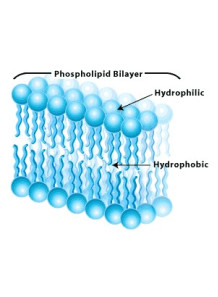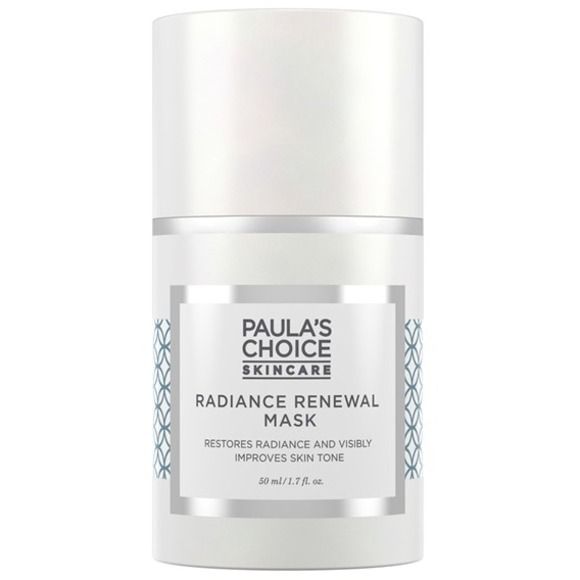Phospholipid
Phospholipid is formed from the introduction of lecithin containing constituents of Phosphatidylcholine high comes through the process Hydrogenation It can act as a natural emulsifier that can moisturize the skin. Reduce skin irritation very well.
Phospholipid is formed from the introduction of lecithin containing constituents of Phosphatidylcholine high comes through the process Hydrogenation It can act as a natural emulsifier that can moisturize the skin. Reduce skin irritation very well.
Phospholipid is formed from the introduction of lecithin containing constituents of Phosphatidylcholine high comes through the process Hydrogenation
This item is not suitable for use as an emulsifier. If you want to use it as an emulsifier, please use it. PhosphoMax™
Properties of Phospholipids
1. It is a natural emulsifier (soy) with high stability. outlive Conventional Lecithin Very can be used in commercially available products that must be at least 2 years old.
2. It has the appearance of forming a Liposome, allowing the formula to penetrate into the skin better.
3. Moisturizing the skin Nourishes the skin's protective barrier and reduce skin irritation due to the nature Phospholipid replaces or adds to the skin's natural lipids.
Liposome characteristics formed by Phospholipid (Hydrogenated Lecithin) in cream formula
1.jpg)
From an experiment on the absorption of the formula into the skin when Phospholipid (Hydrogenated Lecithin) is a component of the formula, it was found that the formula can absorb into the epidermis layer (epidermis) about 5 times better (from 3% to 17 %) and the dermis layer has improved up to 4 times (from 1% to 4%).
2.jpg)
3.jpg)
From the experiment to measure the moisture of the skin. After cream containing Phospholipid (Hydrogenated Lecithin) at the level of 0.8% (pink line) compared with cream without Phospholipid (Hydrogenated Lecithin) (green line) and purified water (blue line), the cream Containing Phospholipid (Hydrogenated Lecithin) 0.8% can add moisture to the skin for at least 60 minutes after application to the skin.
4.jpg)
From the experiment to measure the ability to inhibit skin irritation by using UV light to stimulate PGE2 (a substance secreted by the body when irritation occurs)
5.jpg)
Figure explaining the function of Phospholipid (Hydrogenated Lecithin) by inhibiting the release of cytokines.
6.jpg)
Phospholipid (Hydrogenated Lecithin) can enhance the effectiveness of ingredients to reduce skin irritation such as Glycyrrhetinate group when used together by using Phospholipid (Hydrogenated Lecithin) at 2% can help reduce skin irritation even more. significant
7.jpg)
lab test To look at the condition of the corneocytes (the outermost layer of skin cells of the epidermis layer) after being irritated by SLS at 5% found that Phospholipid (Hydrogenated Lecithin) at 1% can significantly reduce irritation.
8.jpg)
9.jpg)
IMPORTANT: The use of Phospholipid (Hydrogenated Lecithin) must be centrifuged into water or oil if centrifuged into oil. must be dispersed at room temperature Do not blend in hot water. which will cause coagulation
11.jpg)
Instructions for use:
1. Although Phospholipid can act as an emulsifier, but it should be selected as an emulsifier. co-emulsifier, there should be a main emulsifier in the formula to co-ordinate the formula
2. Avoid using heat over 80 degrees in the process of creating the cream with Phospholipidelemental
3. In the mixing process can add Phospholipid, both in the water or part of the oil By blending to spread well. Then mix with one part, for example, mix with water at room temperature. Blend until well dispersed. and then gradually add the oil part to the formula and blended to create a creamy texture or mix with oil Blend to spread well. and then add water to the formula and blend together
4. The formula must contain both water and oil so that Phospholipid can be dissolved into the formula.
The company sells ingredients that help lead (Penetration Enhancer) as follows.
1. Laurocapram (Water-Soluble) Soluble in water, suitable for conveying water-soluble ingredients. synthetic Unscented or mildly scented
2. Laurocapram (Oil-Soluble) soluble in oil Suitable for conveying oil-soluble ingredients It is synthetic and has a mild odor.
3. Phospholipid suitable for carrying Both water-soluble and oil-soluble ingredients are derived from natural Soy Lecithin structure modifications, but through chemical processes. Can help add moisture to the skin.
4. 1,2-Hexanediol can be used to increase efficiency in bringing By using in conjunction with 1,2,3, there are other benefits as well, such as acting as protection. (preservative) provides the formula, helps dissolve certain ingredients in the formula, acts as a humectant to help retain moisture in the skin.
5. Ethoxydiglycol can be used to increase efficiency in bringing By using it in conjunction with 1,2,3, there are other benefits as well, such as helping to dissolve certain ingredients in formulas. (Currently, the FDA has set a limited use rate. Please check the latest regulations. before being used in the formula)
6. Reservoir-Tech Not a direct carrier But it is a film-forming substance on the skin to help retain the active ingredients in the formula by gradually releasing active substances into the skin, which can reduce irritation. For some ingredients like AHA, BHA can't be combined with 1,2,3.
7. Dimethyl Isosorbide (DMI) Leading agent with a long history of use both safety and performance But it is popular to use only in high-priced branded products because DMI has a higher price. Other carriers
Use: For creams, lotions and any skincare products
How to mix: dispersed in water and oil At room temperature, no more than 40 degrees, do not use heat. Before dispersion Heat over 40 degrees before dispersion will cause Phospholipid (Hydrogenated Lecithin) to clump and become unusable. Phospholipid efficiency must be blended in the formula with at least 1000 rpm for at least 15 minutes*
Utilization rate: 0.5-3% (Using at a high rate make the formula thicker)
Product characteristics: light beige powder
Solubility: can be dispersed in water and in oil The formula must contain both water and oil parts. When there are both water and oil in the formula, Phospholipid is then added and blended until homogeneous with the formula.
INCI Name : Hydrogenated Lecithin
Hydrogenated Lecithin is used in many different products, for example:
Paula's Choice Radiance Renewal Mask
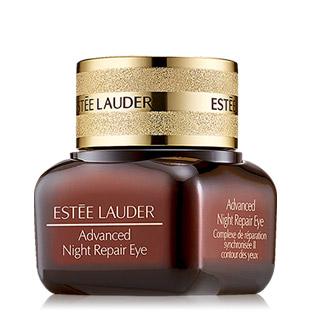
Estee Lauder ANR eye
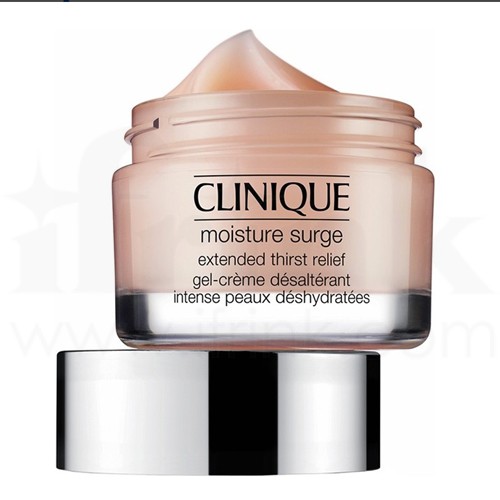
CLINIQUE Moisture Surge Extended Thirst Relief
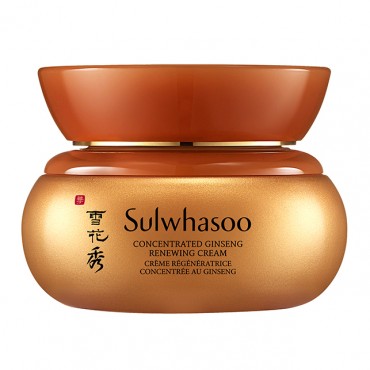
Sulwhasoo Concentrated Ginseng Cream EX
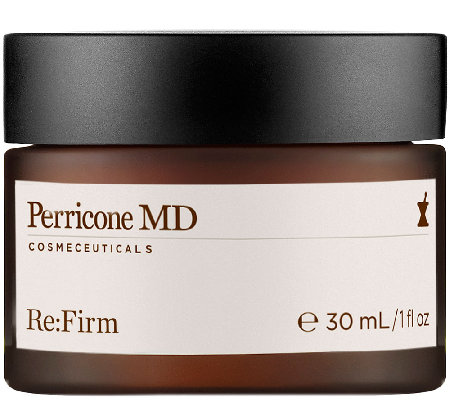
Perricone md re:firm
| Mechanism | - |
| Appearance | - |
| Longevity | - |
| Strength | - |
| Storage | - |
| Shelf Life | - |
| Allergen(s) | - |
| Dosage (Range) | - |
| Recommended Dosage | - |
| Dosage (Per Day) | - |
| Recommended Dosage (Per Day) | - |
| Mix Method | - |
| Heat Resistance | - |
| Stable in pH range | - |
| Solubility | - |
| Product Types | - |
| INCI | - |
Purchase History for
Cart
No products



